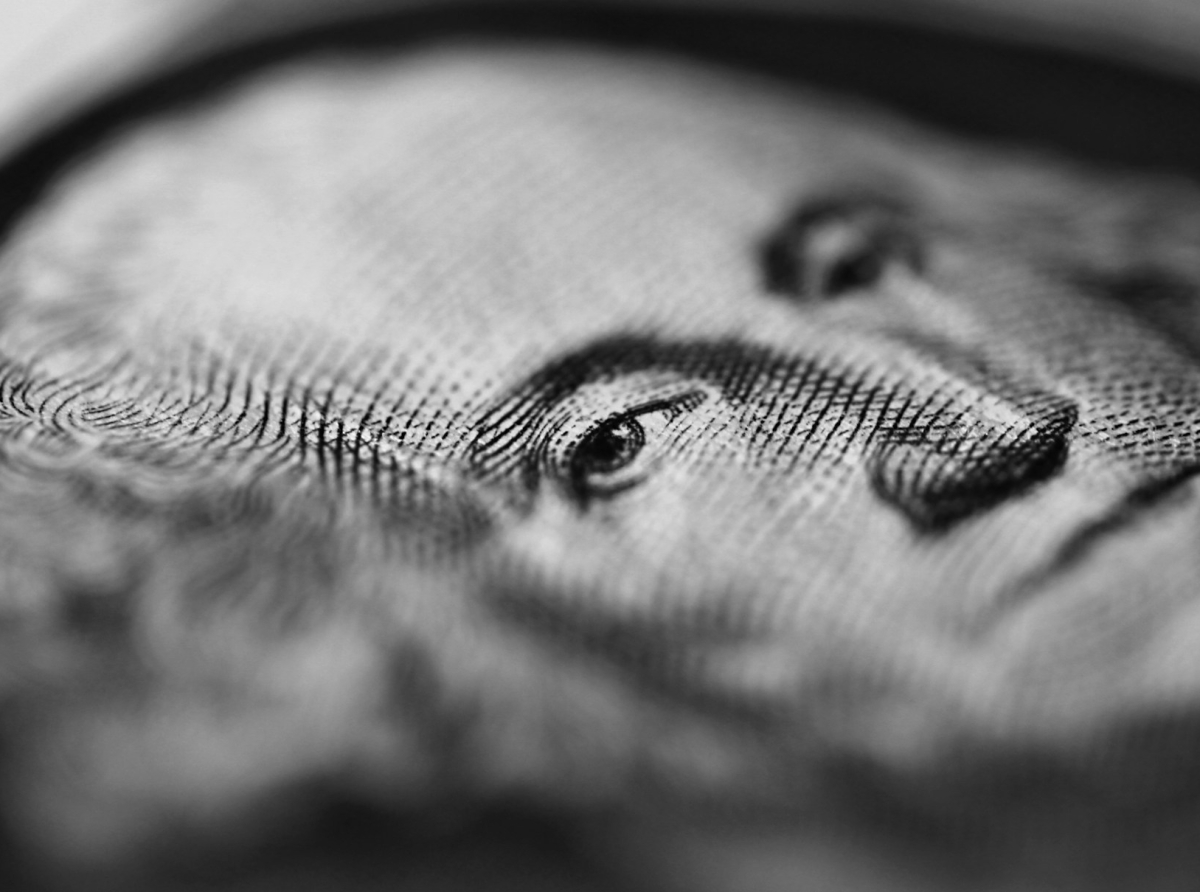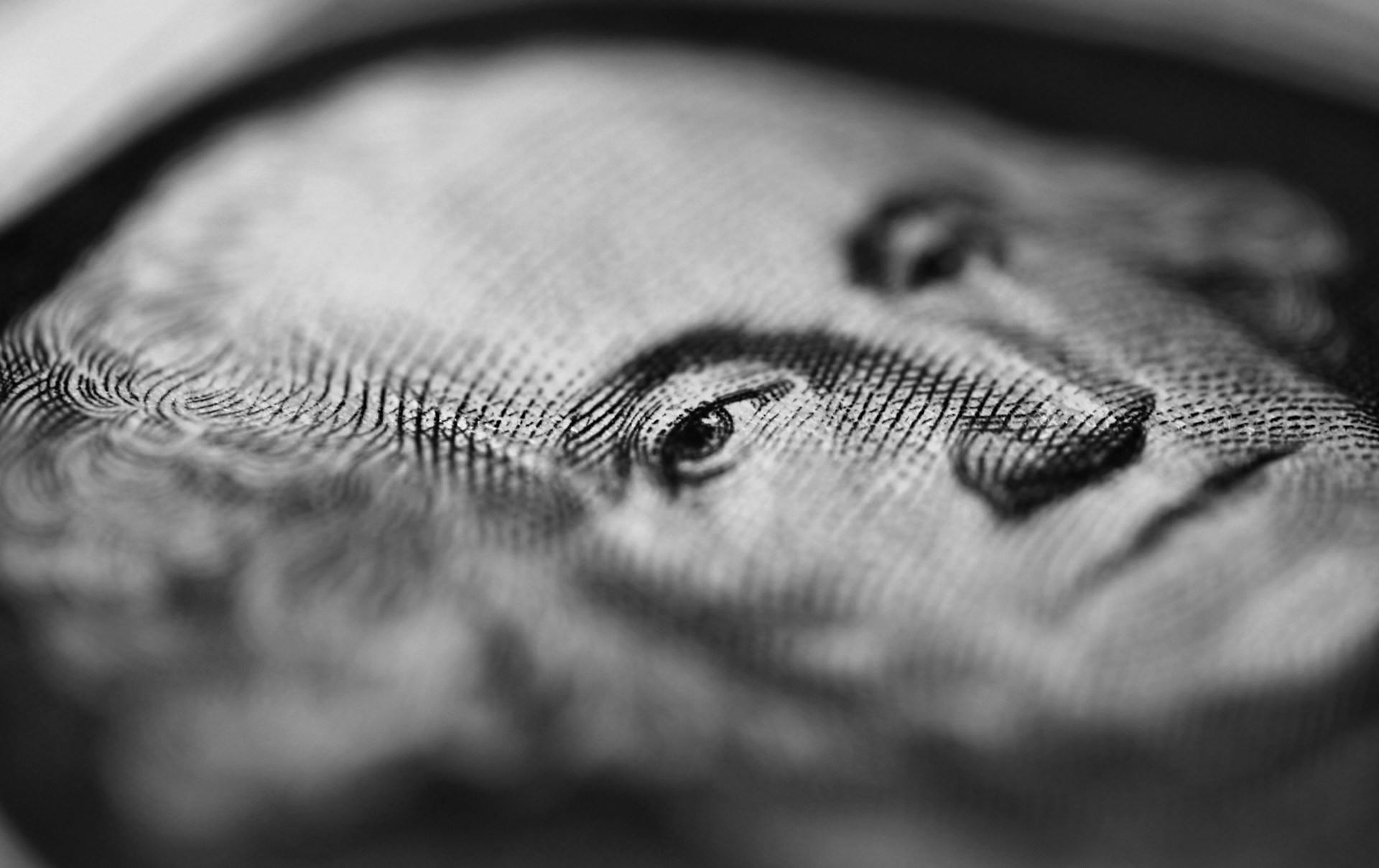Why Is Personal Capital Essential for Forex Trading Success?

Why Is Personal Capital Essential for Forex Trading Success?
Forex trading, the decentralized global market where currencies are bought and sold, offers immense opportunities for profit. However, it also comes with significant risks. One of the most critical factors determining success or failure in Forex trading is the availability of personal capital. While some traders may consider borrowing funds or relying on external financing to start trading, using your own capital is not only advisable but often essential. In this article, we will explore why personal capital is crucial for Forex trading, how it impacts decision-making, and why it lays the foundation for sustainable success.

Why Is Personal Capital Essential for Forex Trading Success?
What is Personal Capital in Forex Trading?
Personal capital refers to the money you personally invest in your trading activities. This could come from savings, income, or other financial resources that belong to you. Unlike borrowed funds or leverage provided by brokers, personal capital represents your own financial stake in the market. It serves as the foundation for your trading account and influences your ability to manage risk, stay disciplined, and achieve long-term profitability.Why Do You Need Your Own Capital to Trade Forex?
1. Risk Management and Psychological Stability
One of the primary reasons personal capital is essential is its impact on risk management and emotional stability. Trading with borrowed money or excessive leverage can amplify stress and lead to poor decision-making. When you trade with your own capital, you are more likely to approach the market with a clear mind and a disciplined strategy.
For example, if you use borrowed funds, the pressure to repay the debt can cloud your judgment, leading to impulsive trades or overexposure to risky positions. On the other hand, trading with your own money allows you to focus on executing your plan without external pressures.
2. Accountability and Discipline
Using personal capital fosters a sense of accountability. When real money is at stake, you are more likely to adhere to your trading plan, follow risk management rules, and avoid reckless behavior. Borrowed funds or leveraged accounts can create a false sense of security, encouraging traders to take unnecessary risks.
Discipline is a cornerstone of successful trading. By investing your own capital, you develop a deeper commitment to learning, improving, and protecting your investments. This mindset shift is crucial for long-term success.
3. Building Confidence Through Experience
Trading with personal capital allows you to gain valuable experience without the added burden of third-party expectations. As you navigate wins and losses, you build confidence in your abilities and refine your strategies. This hands-on experience is invaluable and cannot be replicated through theoretical knowledge alone.
Moreover, losing your own money—even in small amounts—teaches important lessons about risk tolerance and market dynamics. These lessons help you become a more resilient and informed trader.
4. Avoiding Over-Leverage Pitfalls
Leverage is a double-edged sword in Forex trading. While it can magnify profits, it can also lead to catastrophic losses. When using borrowed funds, traders may feel compelled to maximize leverage to achieve higher returns, increasing their exposure to risk.
By trading with personal capital, you can exercise greater control over leverage levels. For instance, limiting leverage to 1:10 or 1:20 reduces the likelihood of margin calls and ensures that your account remains stable during volatile periods. This conservative approach is especially important for beginners who are still mastering the basics of trading.
5. Independence from External Pressures
Relying on borrowed funds or external financing introduces dependencies that can hinder your trading performance. For example, lenders may impose strict repayment schedules or require updates on your progress. These obligations can distract you from focusing on your trading goals and adapting to changing market conditions.
Personal capital eliminates these external pressures, giving you the freedom to make decisions based solely on market analysis and your trading plan. This independence is vital for maintaining objectivity and consistency in your approach.
6. Protecting Against Margin Calls
A margin call occurs when your account equity falls below the required margin level, forcing your broker to close your positions. This situation is particularly dangerous when trading with borrowed funds or excessive leverage. If you lose someone else’s money, you may face legal or financial consequences beyond just the loss itself.
By using personal capital, you retain full control over your account balance and risk exposure. This reduces the likelihood of margin calls and ensures that you can recover from losses without external interference.
7. Fostering Long-Term Growth
Successful Forex trading is not about quick wins—it’s about building sustainable growth over time. Personal capital provides the flexibility to reinvest profits, expand your portfolio, and diversify your strategies. Without the constraints of borrowed funds, you can focus on long-term wealth creation rather than short-term gains.
Additionally, trading with personal capital encourages patience and perseverance. Instead of chasing unrealistic returns, you can adopt a gradual, methodical approach that aligns with your financial goals.
Challenges of Trading Without Personal Capital
While some traders might consider starting without personal capital, this approach comes with significant drawbacks:1. Increased Stress and Anxiety
Borrowed funds or leveraged accounts amplify emotional responses to market fluctuations. The fear of losing someone else’s money can lead to panic selling, revenge trading, or abandoning your strategy altogether.
2. Limited Learning Opportunities
Without personal capital, traders may lack the motivation to thoroughly analyze their mistakes or improve their skills. Real money creates a tangible incentive to learn and adapt, which is absent when trading with borrowed funds.
3. Higher Risk of Burnout
The constant pressure to repay debts or meet lender expectations can lead to burnout. Many traders who rely on borrowed funds eventually quit due to mounting losses and frustration.
How Much Personal Capital Do You Need to Start?
The amount of personal capital required depends on several factors, including your trading style, risk tolerance, and financial goals. Here are some general guidelines:Beginners: Start with an amount you can afford to lose, typically between 500and5,000. This allows you to practice risk management and gain experience without jeopardizing your financial stability.
Intermediate Traders: Aim for $10,000 or more to take advantage of larger position sizes and better risk-reward opportunities.
Professional Traders: Experienced traders often operate with six-figure accounts, enabling them to diversify across multiple currency pairs and strategies.
Regardless of your starting point, ensure that your capital does not represent a significant portion of your total net worth. This safeguard protects you from severe financial setbacks.
Strategies for Maximizing Personal Capital
Once you’ve committed to using personal capital, here are some strategies to optimize its use:1. Start Small and Scale Up
Begin with a modest account size and gradually increase your position sizes as you gain confidence and experience. This incremental approach minimizes risk while allowing for steady growth.
2. Prioritize Risk Management
Never risk more than 1-2% of your account on a single trade. This rule ensures that even a series of losing trades won’t deplete your capital entirely.
3. Reinvest Profits Wisely
Instead of withdrawing all your profits immediately, reinvest a portion back into your account. This compounding effect accelerates your growth over time.
4. Maintain a Separate Trading Account
Keep your trading capital separate from your personal finances. This separation reinforces discipline and prevents impulsive withdrawals during periods of volatility.
Conclusion: The Foundation of Forex Success
Personal capital is not just a prerequisite for Forex trading—it’s the cornerstone of sustainable success. By investing your own money, you gain invaluable experience, foster discipline, and reduce reliance on external pressures. While the journey may involve challenges and setbacks, trading with personal capital empowers you to build resilience, refine your strategies, and achieve long-term profitability.Remember, Forex trading is not a get-rich-quick scheme. It requires patience, dedication, and a solid financial foundation. Whether you’re a beginner or an experienced trader, prioritizing personal capital ensures that you are well-equipped to navigate the complexities of the market and secure your financial future.
#ForexTrading #PersonalCapital #RiskManagement









Report
My comments